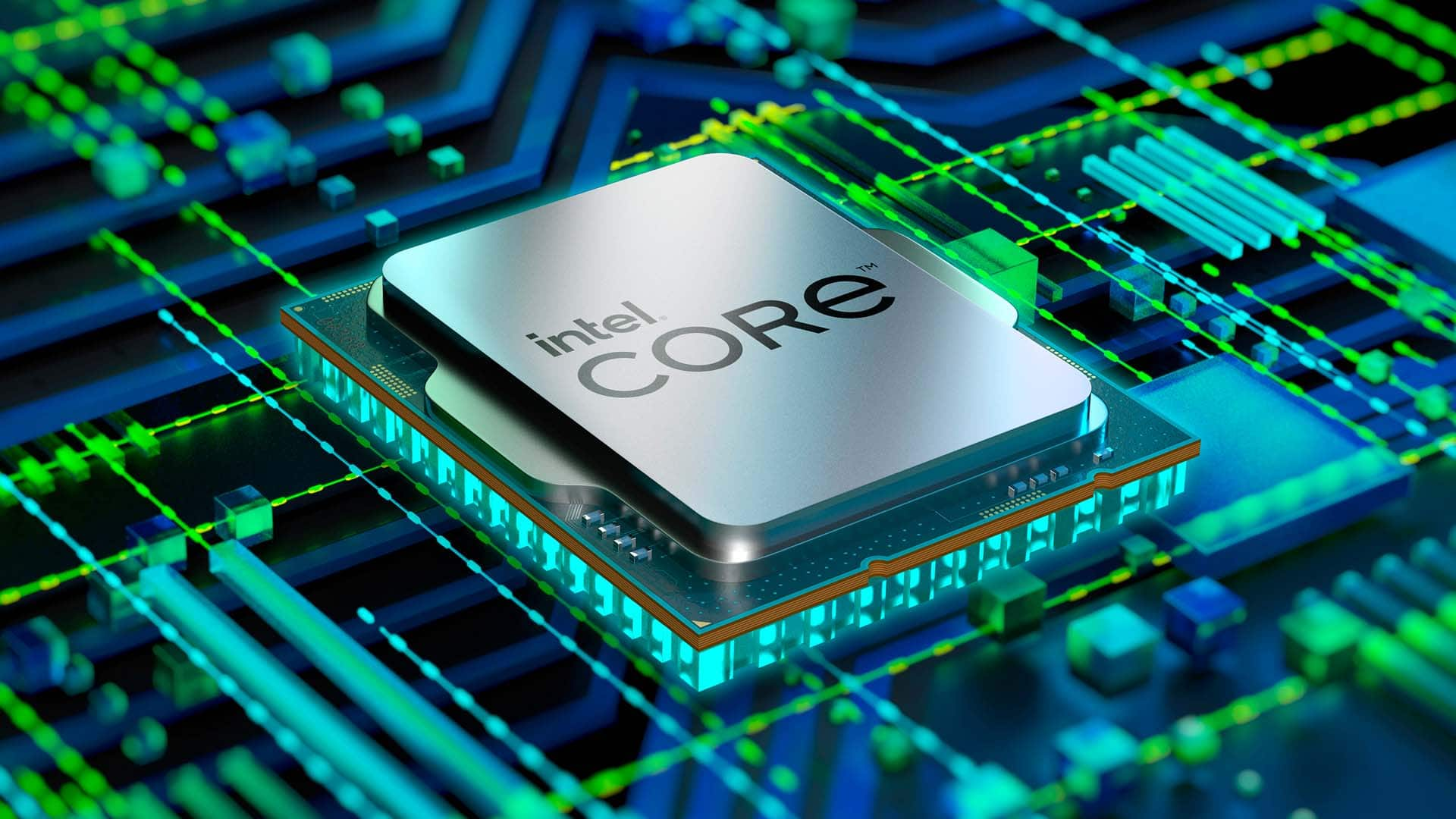
Intel says laptop chips are not affected by voltage issue
What's the story
Intel has put to rest concerns about its laptop chips being vulnerable to the same permanent damage that can potentially affect flagship desktop chips. The company confirmed today that its 13th and 14th Gen laptop chips do not appear to have an instability issue. Furthermore, they are not impacted by the high-voltage problem, now referred to as "Vmin Shift Instability." Intel spokesperson Thomas Hannaford confirmed this to The Verge.
Unaffected products
List of unaffected desktop chips released
Hannaford stated "Confirming 13/14th gen mobile isn't impacted by the instability issue broadly speaking," he stated via email. This statement comes after game developer Alderon Games expressed concerns last month about laptop chips being affected. Intel also announced that many desktop chips are not impacted by the specific voltage issue. The unaffected products include 13th and 14th Gen i5 chips that aren't part of K-series, i3 chips, and Xeon chips. The company has released detailed list of these unaffected processors.
Update advice
Intel recommends BIOS updates for unaffected processors
Despite most Intel Core 13th and 14th Gen desktop processors being unaffected by the Vmin Shift Instability issue, the company advises all users to keep their systems updated with the latest BIOS. This can be done through Intel's Compatibility Tool or their motherboard manufacturer's website. Intel also suggests using the Intel Default Settings recommendations for their respective desktop processor.
Future protection
Future chips to be protected from voltage instability
Intel has also assured that its future chips, including those launching this fall on the new Arrow Lake and Lunar Lake architectures, will not be affected by the Vmin Shift Instability issue. "Intel will ensure future product families are protected against the Vmin Shift Instability issue as well," the company stated. This move is part of Intel's proactive approach to safeguard its upcoming products from potential technical issues.